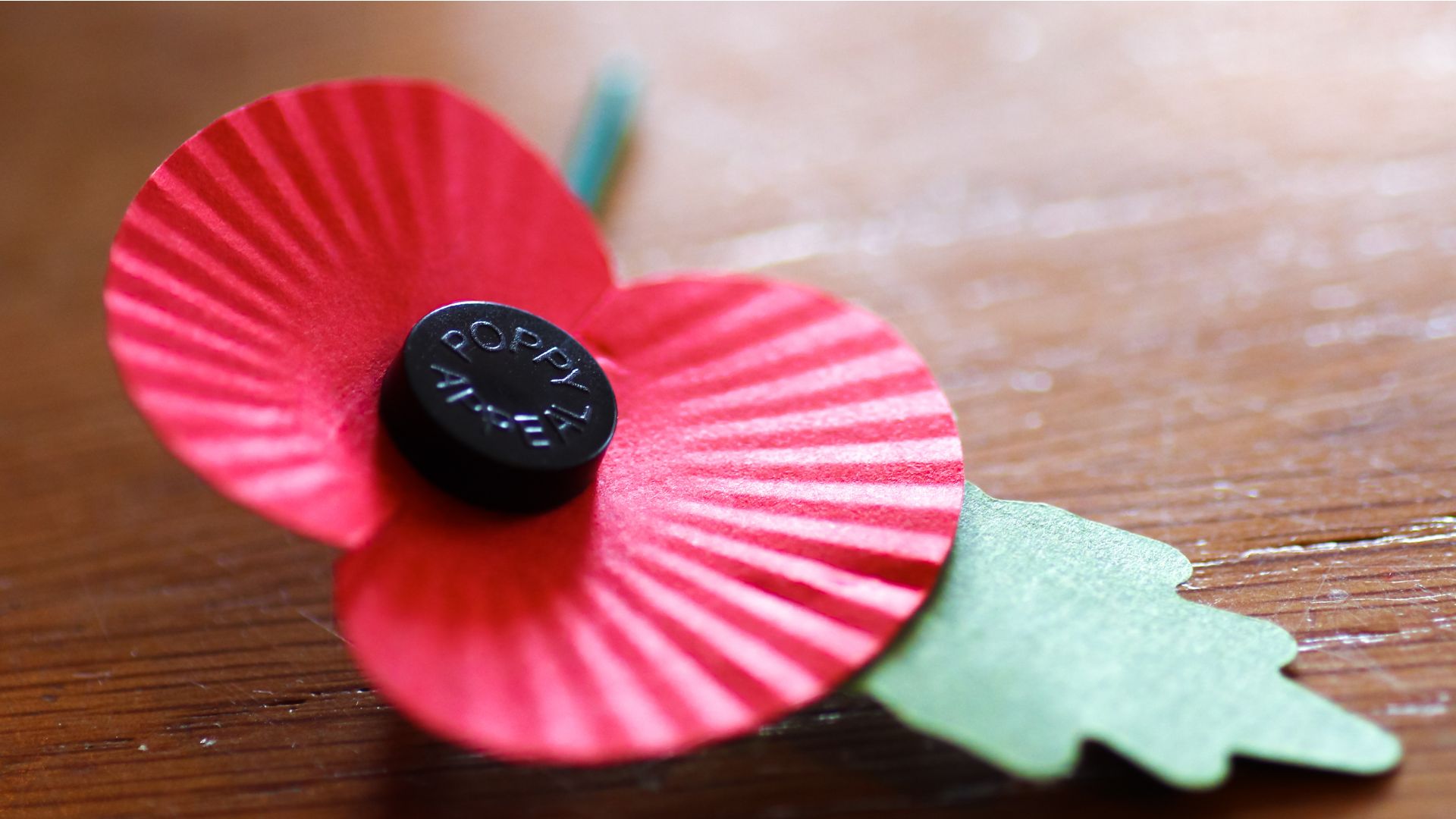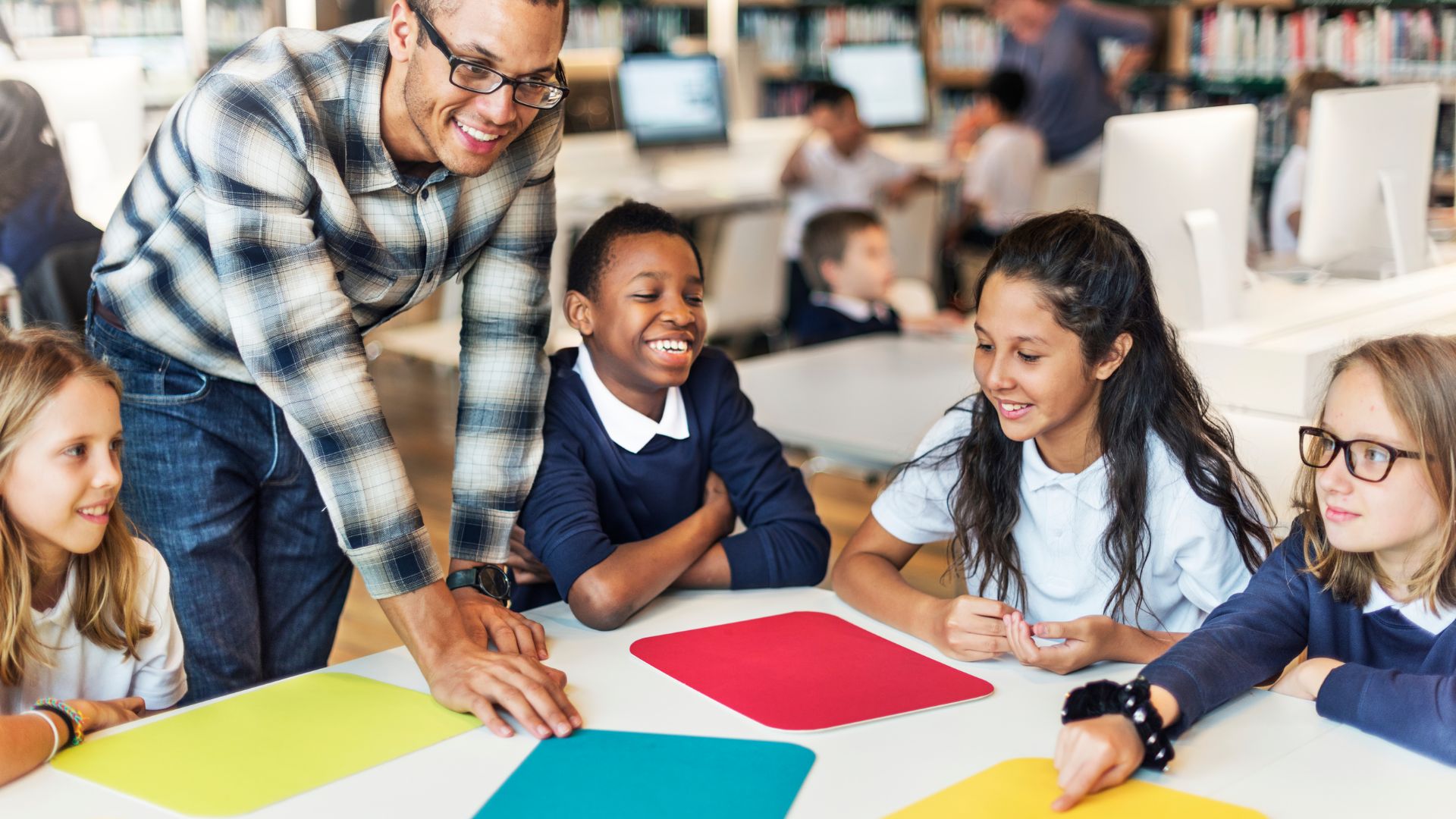Remembrance Day In Schools: Meaningful Ways To Engage Students
13 Jun, 20241-2 minutes
In this blog, you will learn:
- The meaning behind Remembrance Day.
- How schools can celebrate and commemorate Remembrance Day.
- Discover more about our cover staff recruitment services.
With Remembrance Day fast approaching, schools and communities from Britain, France, Belgium and hundreds more nations prepare to commemorate this day of observation.
Remembrance Day is a solemn occasion to honour the memory of those who sacrificed their lives during the two World Wars and other conflicts.
Commemorating Remembrance Day in schools is crucial to start conversations in the classroom about values, sacrifice and history.
Within this blog, you’ll discover resources and activities to help primary and secondary school children understand Remembrance Day with some engaging activities to deepen their knowledge.
What is Remembrance Day?
Remembrance Day is an annual day of observation held on 11th November to mark the end of the First World War at the 11th hour of the 11th day of the 11th month in 1918.
On Remembrance Day, people typically wear poppies inspired by the poppies that grew on many battlefields in both World Wars to show respect for the people who fought and died serving their country.
Ceremonies are held in the United Kingdom (and other nations) to commemorate both World Wars and all conflicts since. Remembrance Sunday is also marked each year, usually falling on the second Sunday in November.
How can schools celebrate Remembrance Day?
Many schools and businesses across the world observe 2 minutes of silence on 11th November as a respectful way of remembering and honouring those who lost their lives in the World Wars.
Schools commemorate Remembrance Day in different ways, from poppy-related crafts and creative writing to innovative history lessons, to help children connect with events that changed the world over 100 years ago.
Schools can celebrate Remembrance Day in a number of ways, including:
- Making poppy wreaths.
- Planting a poppy garden.
- A day of Remembrance lessons.
- Writing letters.
- Read and perform war poetry.
- Visit a memorial.
Making poppy wreaths
Poppies are synonymous with Remembrance Day and each year over 45 million are sold to raise vital funds to support veterans across the UK. Poppies are used to remember those who have given their lives in battle because they grew on the battlefields after World War One ended.
Why not encourage students to draw, paint or even create their own poppy wreath to either decorate the classroom, take home or to visit a war memorial? Different coloured poppies have different meanings which gives students the opportunity to experiment with different colours, patterns, textures and sizes.
Whether they choose to make their poppies white to remember innocent and civilian victims of war, or purple poppies to remember the animals that have died as a result of war, children can learn a lot about respect and commemoration from making poppy wreaths.
Planting a poppy garden
In line with the poppy theme, why not take the opportunity to part-take in some gardening while commemorating and learning about Remembrance Day? Planting poppy seeds in a school garden is a great way to get children outdoors and teaches students about the significance of the poppy but in a fun and inspiring way.
Don’t stop with just poppies though, why not plant other flowers and vegetables to get students excited about a sustainable school garden all year round? Maintaining a garden gives children a chance to use vital motor skills and promotes responsibility.
Planting poppy seeds and watching them grow is a positive way to teach children about plant life, science and the cycle of life. If it’s not possible to maintain a real garden, why not make your own in the classroom? Using a cardboard box, encourage pupils to make paper poppies out of recycled materials and put them in some soil using pegs. It’s still a creative and fun way to teach pupils about Remembrance Day.
A day of remembrance lessons
The teaching of Remembrance Day can be applied to various different school subjects for both primary and secondary schools. Use school subjects like history, geography, and art to better understand Remembrance Day and ensure students are aware of its significance but also creative ways to celebrate it.
Start the day of remembrance with a history lesson to introduce students to the origins and events surrounding both World Wars and the significance of Remembrance Day. Incorporate any poppy arts and crafts activities into an art class, and any poetry reading or letter writing into an English lesson.
For a geography lesson, Teachers can tell their group to identify the countries involved in World War l and locate them on a world map or globe. This will help students better visualise the scale of the war and the different treaties and battles that occurred across the world.
Writing letters
A unique way to remember and commemorate the significance of Remembrance Day is to encourage students to write letters and think creatively. Ask students to write thank you letters to those who lost their lives, the emergency services or someone they are grateful for.
For secondary schools, why not encourage students to explore what life was like for soldiers during World War l and write letters from the front line? Pupils could research what life must have been like for the soldiers who went to war to better understand the conditions of war and the emotional impact it had on people who experienced it.
This is a great way to teach children about the history and significance of Remembrance Day over a few lessons - and before they compose their letters.
Writing letters gives students the opportunity to explore life in the trenches as well as building on their vocabulary, grammar, vocabulary, audience and meaning.
Read and perform war poetry
Teach students about the war through class recitals of poetry, diary entries or short stories from those who experienced the war first hand. The war inspired many people to write poetry and describe their experiences. Reading poetry can be a powerful way to teach students about the realities of war and the importance of remembering and commemorating historical events.
Reading poetry or short stories from those who experienced the war first hand can help children better understand, reflect and commemorate those who were directly affected by it. Encourage students to perform war poetry to the class to increase their confidence as well as improve their reading and speaking skills.
You could also inspire them to write their own Remembrance Day poetry or short stories to demonstrate their understanding of the war.
Visit a memorial
Rather than looking at pictures of war memorials or observing 2 minutes of silence in the classroom, why not take students to visit a memorial? A school trip to a permanent memorial is a great way to get students outdoors and into a respectful environment, as well as the importance of maintaining a memorial.
If a school trip or memorial visit isn’t possible, consider making a memorial on the school grounds. By creating a field of remembrance from paper materials, students can leave messages, remember those that lost their lives and still observe 2 minutes of silence in the eleventh hour.
Creating and maintaining a memorial provides an even greater opportunity for students to have a place to reflect and understand the importance of being respectful.
Teaching jobs
If you’re searching for your next teaching job, why not take a look at the latest teaching vacancies, or simply upload your CV to be notified when a relevant position becomes available.
Recruit teaching staff
As a specialist education recruitment agency, we support mainstream and SEND schools with their temporary, permanent and temp-perm staffing needs.
We currently work with hundreds of schools and have exclusive access to some of the best Teachers and Teaching Assistants in the North West.
If you’re struggling to fill a teaching vacancy, why not get in touch with one of our team to see how we can help?
- Primary schools - Jimmy Callagher
- Secondary schools - Liam Jones
- SEND schools - Jamie Heath
Meet Jamie Heath
Who is Spencer Clarke Group?
Established in 2017, we’re a vibrant and progressive recruitment agency based in the heart of the North West.
We continually reimagine the recruitment process to challenge convention and defy expectations; from creating a better recruitment experience to remodelling employee engagement, we thrive off doing things differently and turning heads along the way.
We operate in two sectors:
In eleven specialisms:
Healthcare, Social Care & Nursing
Corporate Functions & Business Support




